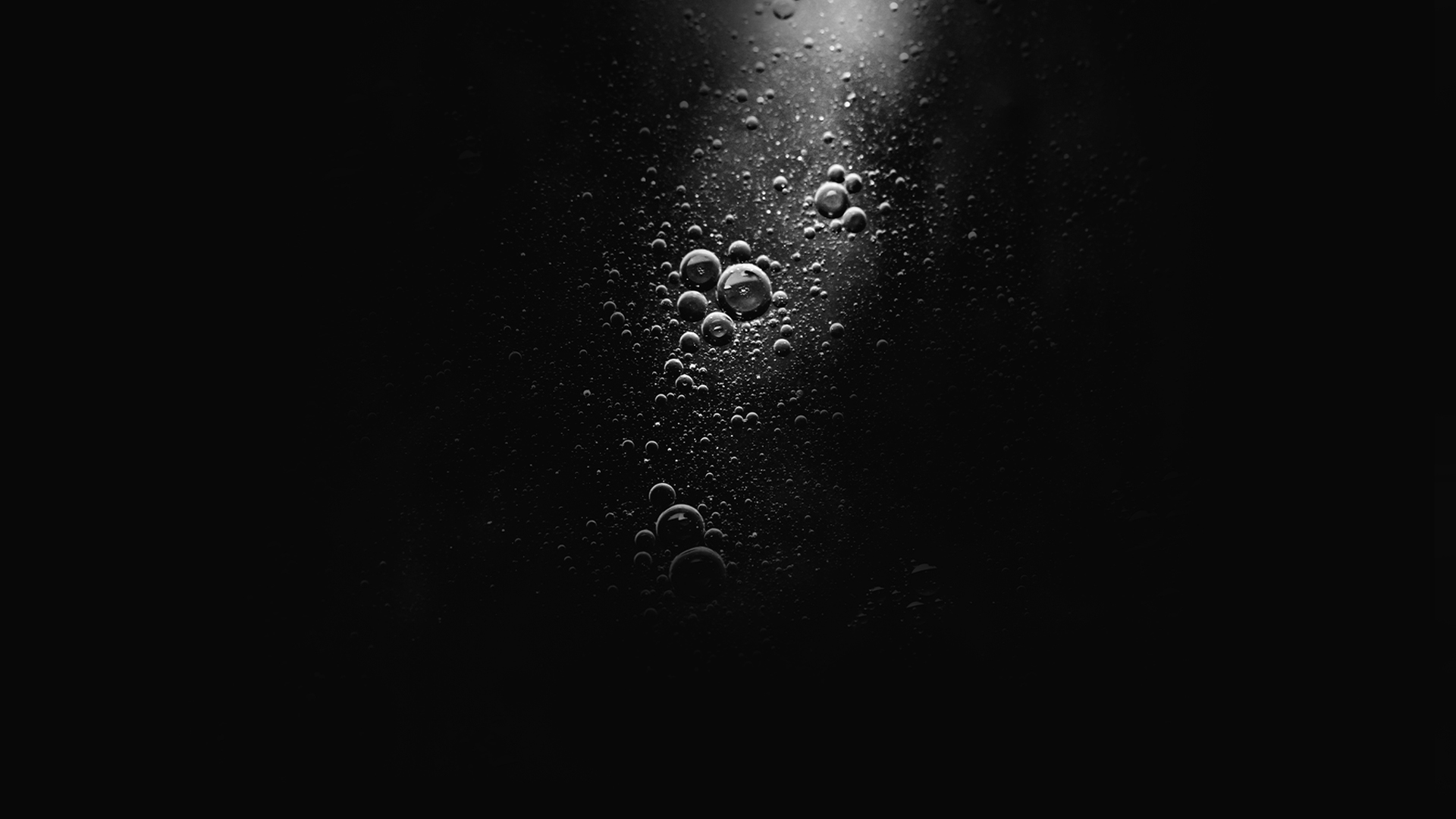On the morning of August 11th, I was still at the beginning of my vacation — disconnecting hadn’t even crossed my mind, my hand was scrolling through the news before my eyes even opened. I read about the murder of Al-Jazeera journalist Anas Al-Sharif, along with three other colleagues from the same outlet and two freelancers, who were killed in their tents in the early hours outside Al Shifa Hospital in Gaza City by an Israeli airstrike.
His colleagues Mohammed Qreiqh, Ibrahim Zaher, Mohammed Noufal, Moamen Aliwa, and Mohammad Al-Khaldi, who were murdered alongside Al-Sharif in the bombing, were, as Lydia Polgreen calls them in the New York Times, the “acceptable collateral damage” of this targeted attack, which constitutes a war crime. Not because Al-Sharif was “Hamas,” as the military claimed in the character assassination attempt immediately after his physical murder, but because the Pulitzer Prize-winning journalist had become a symbol for Palestinians, always present on the frontlines, documenting the overwhelming bombardment of Gaza.
The Israeli war in Gaza had long surpassed any other conflict in terms of journalist fatalities — the death toll was nearing 200 since the Hamas attack in October 2023. A few minutes later, still scrolling through Instagram, I came across a visibly spontaneous and distressed reel from Clarissa Ward, CNN’s Chief International Correspondent. Speaking about Al-Sharif’s murder, which she had just learned about, she said to the camera while walking through London: “…I realize this doesn’t help anyone, but I feel I’m speaking for many Western journalists when I say that so many of us feel angry, outraged, helpless, and ashamed.”
She continues, saying something very subtle: “…the nature of the carefully calibrated language we use in our reporting, I understand, seems to many people detached and disproportionate to the anguish and anger of the moment,” while “behind the scenes, many of us continue to push, sign letters, write mass petitions, hold meetings, and none of it seems to make the slightest difference.” Ward touches, whether intentionally or not, on that very fine line between journalist and media outlet, work and mission, professional and human, at the heart of such a human tragedy.
Back in Greece, ten days later, the same vacation scenario, the same inability to disconnect, something very strange happens — news websites, with unsigned articles, attempt to tarnish the reporting of two colleagues, Thanasis Koukakis and Eliza Triantafyllou, for Inside Story, even before the report was published. They personally attack Koukakis, while it’s clear from the articles that they have, through a leak, access to the questions Koukakis and Triantafyllou sent to regulatory authorities regarding the banking deal that the report investigates. Fellow journalists are outraged, the union releases a statement, and life goes on. To state the obvious, the two realities are not comparable —the nightmare of Gaza and the issues of Athens, along with Greece’s own systemic problems.
Journalism, as a profession and a mission, has thousands of flaws, just like any human endeavor. However, it remains an essential pillar — a compass for people to understand, interpret, scrutinize, and decide, within the limits set by the other institutions surrounding their lives. Good journalism is essential but not enough, when it’s up against corrupt institutions, eroded powers, financial interests, or, hundreds of times worse, ruthless governments wielding massive military power.
In the formal logic of an opinion piece, perhaps after the lead, the context, the personal touch, the extra facts, the curveball, one might expect a note of optimism, a solution-based approach. You won’t find that here, not this summer, not after everything that’s unfolding. On August 25th, another five journalists were killed in a double attack by the Israeli military on Nasser Hospital in Khan Yunis, among 22 civilians. The two attacks were ten minutes apart, a “double tap” technique, which is a war crime, with the second targeting those who rushed to help the victims or to document the aftermath of the first. There’s no room for optimism in this situation. There is room for reflection, discussion, and intervention.
With many of those reading these lines, I hope we will have the opportunity to discuss in a few days at the iMEdD International Journalism Forum, along with colleagues from over 30 countries who will honor us with their presence. I will look for optimism in their words and actions. Until then, I’ll leave you with the words that Ward ended her post with: “A reminder that journalism is not a crime, and targeting journalists is a war crime.”

